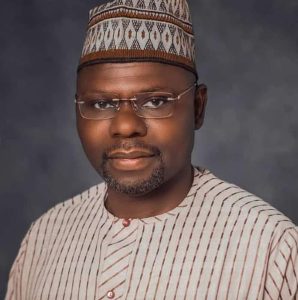By Philip Yatai
The Kaduna State Universal Basic Education Board (Kaduna SUBEB) says on Tuesday that plans have been concluded to confirm the appointment of teachers recruited in 2018.
Mr Samaila Leeman, Permanent Member, Schools Management, Kaduna SUBEB, stated this in an interview with the News Agency of Nigeria (NAN) in Kaduna on Tuesday.
NAN reports that the state government in 2018 recruited 25,000 qualified teachers as replacement for the 21,780 teachers sacked by the government for allegedly failing a competency tests.
Leeman noted that while some of the teachers have joined the secondary schools service, and others left for various reasons, those still in the service would receive their letter of confirmation for job progression.
He explained that the confirmation would be backdated to accommodate the time lost.
He also said the board has begun a process to clear the backlog of promotions for teaching and non-teaching staff.
According to him, a provision has been made for promotions in the budget, adding that implementation will follow the moment the teachers receive their promotion letters.
“This is part of incentive to motivate our teachers – our greatest assets to give in their best in improving the learning outcomes in public schools.
“Already about 10,000 teachers are being trained in different areas to enhance their capacity and professionalism.
“Aside teacher professional development and other specialised training, our teachers are allowed to apply for further studies once they reach three years in service which can be sponsored or self-sponsored.”
The permanent member also said that Kaduna SUBEB has also concluded plans to provide teachers with digital devices to enable them carry out their teaching profession effectively and efficiently.
Arrangements have been concluded to ensure that every teacher has at least one digital device to aid not only his or her professional development, but also the teacher’s personal development
He added that the state government has approved the implementation of incentives for teachers that were posted to hard-to-reach areas.
This, he said, would motivate the teachers to stay in their duty post and not feel shortchanged by their colleagues that were teaching in primary schools in urban areas.
“About 17 to 20 per cent of basic salary will be paid to teachers in rural communities as incentives,” he said.(NAN)




